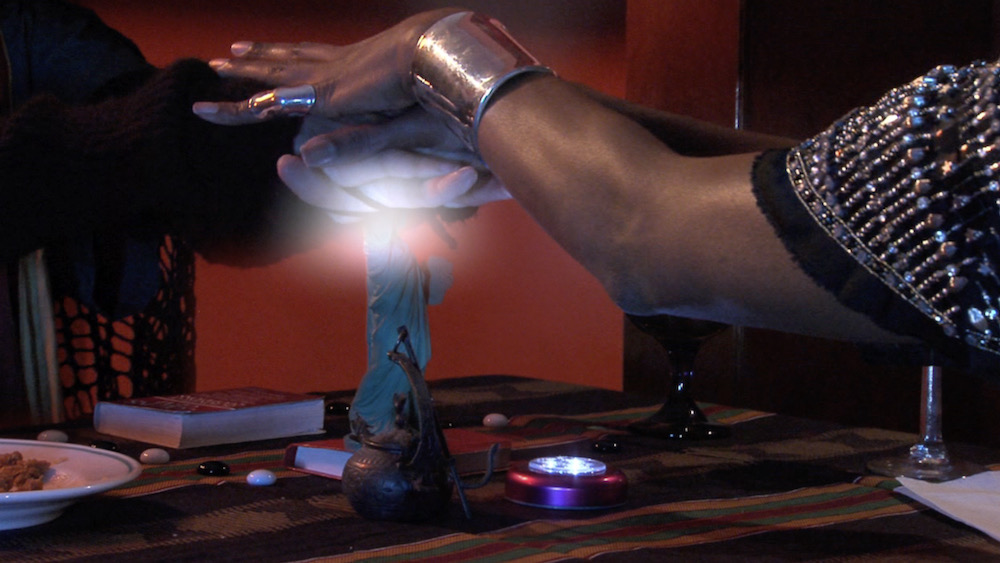
18 Apr Philadelphia Artist Spotlight: M. Asli Dukan
BY GABE CASTRO
The cinéSPEAK Journal publishes a monthly Philadelphia Artist Spotlight highlighting local filmmakers and moving image artists doing unique and impactful work.
M. Asli Dukan is a talented media creator known for writing, producing, directing and editing award-winning and impactful films. From a young age, Dukan has always been interested in the arts, having written her first stories at only twelve years old. She grew up watching many science fiction films with her mother, inspiring her work with speculative fiction media as a tool to educate and empower.
Her work ranges in style from short films and documentaries to music videos. Dukan focuses her work in the speculative fiction space, using the genre to shape subversive, radical, and liberatory media. In her work we can find imagined futures of revolution, strength, community, and perseverance. Dukan is the Chair of the cinéSPEAK Board of Directors. She has notably worked with talents such as Octavia E. Butler, Samuel R. Delany, Nnedi Okorafor, NK Jemison, Nichelle Nichols, Wesley Snipes, Tamar-kali, 50 Cent, LL Cool J, and Ernest Dickerson.
Dukan uses genre narratives to cultivate conversations about our communities and the state of the world around us. Her 6-part web series, Resistance: the battle of philadelphia (available for streaming on the Black-owned platform Kweli TV) was completed in 2018. Filmed in West Philadelphia, the series transports us to a near-future, not unlike our present, where a community struggles against state surveillance, violence, and a powerful corporate government.
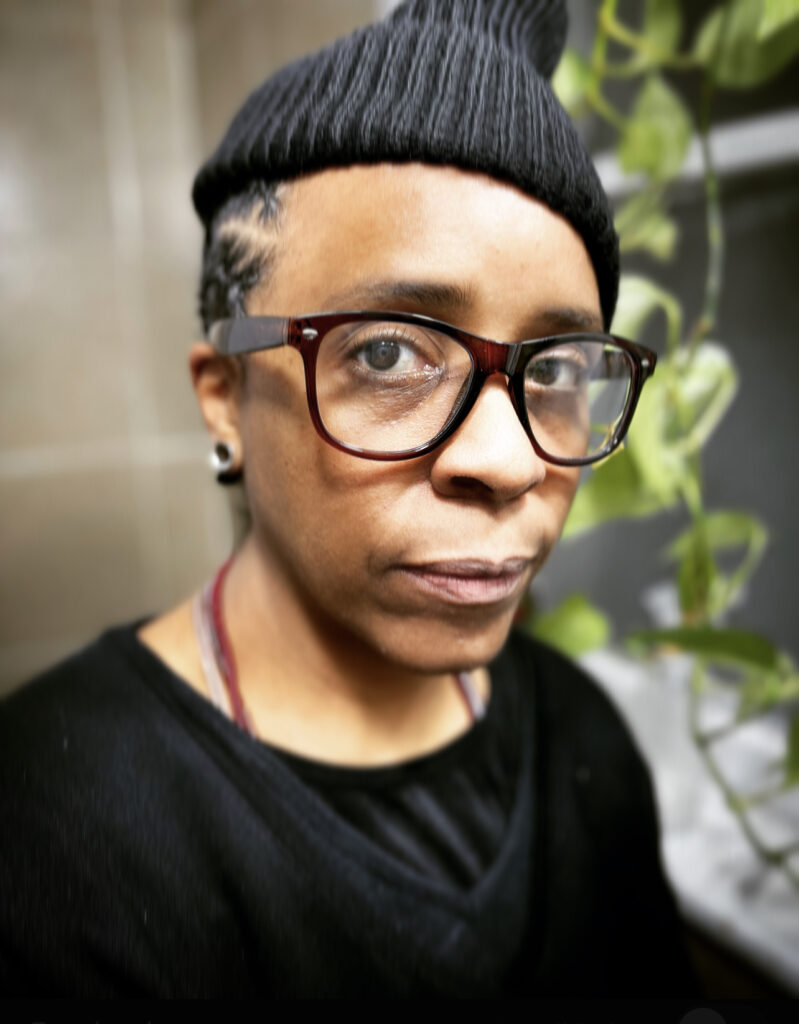
She has also created interactive programs, which she is building upon, such as The Healing Box: a piece of speculative multimedia that, as she explains on her site, “explores the concept of healing as a form of liberation.” The interactive program has participants engage with the “box” by placing their hand inside of it and activating a multicolored light display and a series of sound-designed audio montages.
She shifts genres slightly in her most recent film, Sundown Road, a short horror film about the residue of racial discrimination, intimidation, and violence in the northeast United States. In the film, three students get stuck on an isolated road after their car breaks down while driving back to college. With no phone reception and in an unfamiliar area, they each experience a terrifying discovery that makes them feel like their lives may be in danger. They seek shelter in their car and work through their personal conflicts only to find themselves facing a new frightening reality when help finally reaches them. Her current project, Skin Folk, is also horror and based on the book inspired by Caribbean folklore by the award-winning writer Nalo Hopkinson.
cinéSPEAK asked Dukan about the themes in her work, what inspired her recent film, and how her art continues to grow.
cinéSPEAK: What topics and themes are you exploring in your current work?
M. Asli Dukan: I’ve always worked with speculative frameworks, sci-fi, horror, and fantasy, even when my films were mostly dramas. I have always explored how the oppressed, whether by race, gender, and/or class, liberate themselves from their oppression, or at least try to. Most of my work also purposely centers on women characters and the relationships between them, whether mother-daughter, lovers, mentor-mentee, godlike figures-humans, etc. The state, mostly represented by some type of militarized police force, tends to recur in my work as an antagonist to overcome.
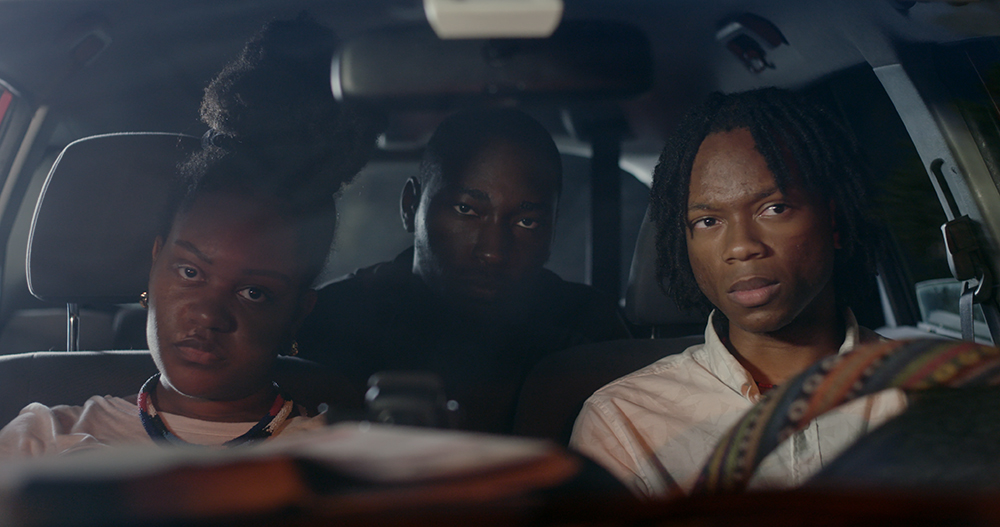
cinéSPEAK: How did you get started on Sundown Road?
MAD: The idea for this film came to me in 2020, in the middle of the COVID-19 lockdown. I was feeling scared of the world while being in the most familiar and safe space I knew–my home. I kept thinking about people being in a space that seemed safe and then realizing later it was just the opposite, that something may be out there to get them. A common horror film trope. But this idea also made me think about the history of sundown towns in the U.S., seemingly “normal” towns, but in reality horrifying spaces for targeted populations of people. I decided to bring the horror of real life to a fictional story.
cinéSPEAK: How has Philadelphia shaped and influenced the process and/or content of your work? And what impact do you hope your work will have in the Philadelphia community?
MAD: I tend to make films that are place-based. Back home in New York, I told New York stories in very New York settings. Now that I live in Philly, I have been studying this city and its history, and setting my films within it, not just as a setting but as a character. It’s been an eye-opening experience. In many ways, Philly reminds me of New York as a major East Coast city, but at the same time, it has its own characteristics that make me feel like I am doing something very different in my work.
I hope I tell stories that reflect the people, the histories, and the struggles of this historic city. I hope my work inspires the folks here to envision the worlds that they want to see in their lifetimes, whether on a personal or a political level.
cinéSPEAK: How has your work evolved?
MAD: Lately, I have been consciously making work that explores my own personal and family histories. My family comes from New York, but originates in the Caribbean, via Antigua and Barbuda specifically, but also all over the Caribbean and Central America. I’ve always been connected to that part of my lineage but never explored it in my work. I am starting to do that now with my film work and also in some other types of art forms like photography and collage and painting. I have mostly told stories about the future, and with my personal and family stories, I am exploring the past. This work is very grounding to me. I feel more connected to a larger story.
Follow Dukan on social media (@maslidukan) to keep up with her ongoing projects. Sundown Road is currently making its way through the film festival circuit but her other projects can be found online.
*Featured Image: Still from “73” (2008) by M. Asli Dukan.
Would you like to be featured in a future spotlight? Please fill out the Philadelphia Artist Spotlight form. The cinéSPEAK Journal maintains sole discretion over the publishing of any information provided via the form. Questions: journal@cinespeak.org
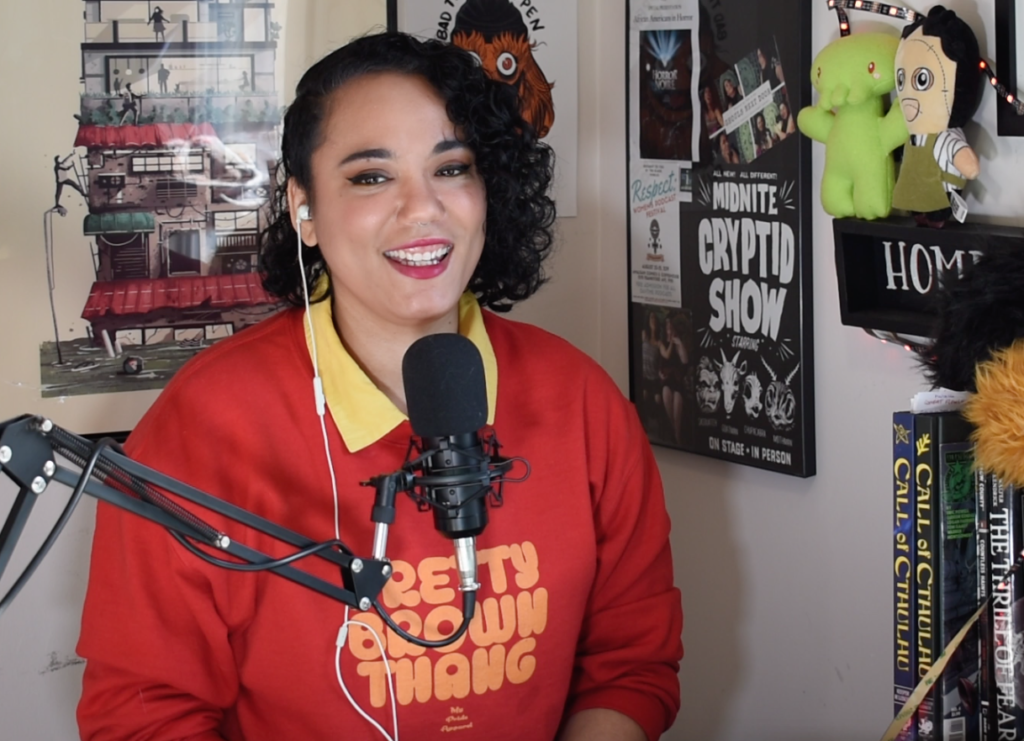
Gabe Castro is a Philadelphia-based Latiné multimedia professional specializing in the horror genre. Gabe believes media can be used as a tool to bring social change and works in all she does to create impactful and inspiring media.
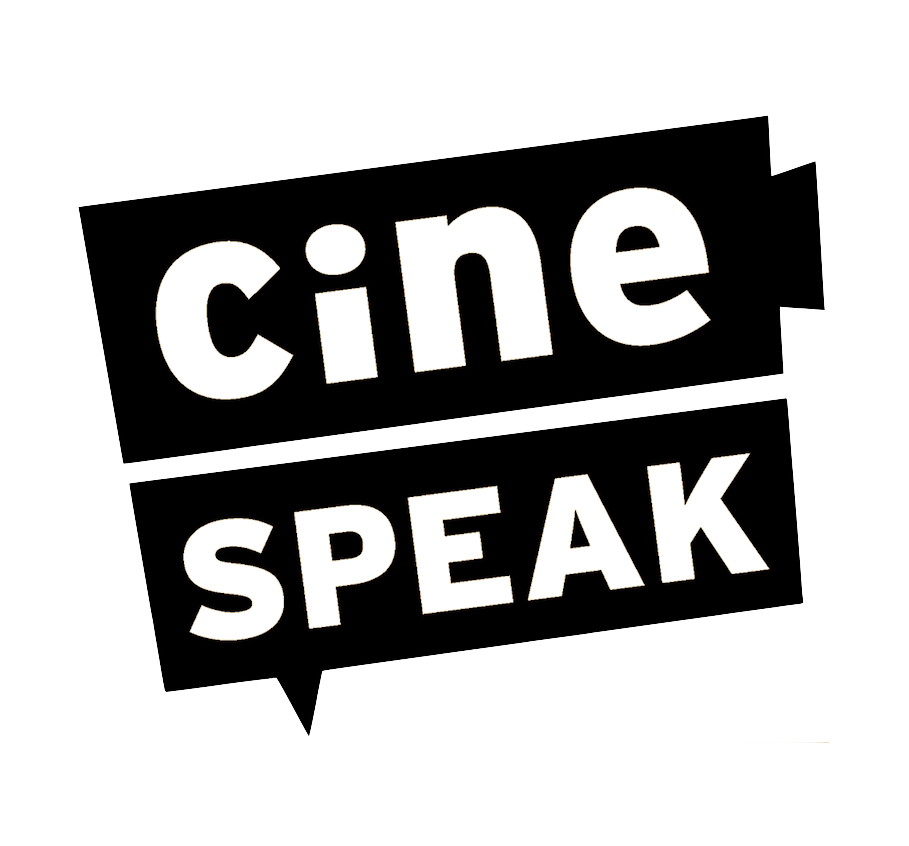
Sorry, the comment form is closed at this time.